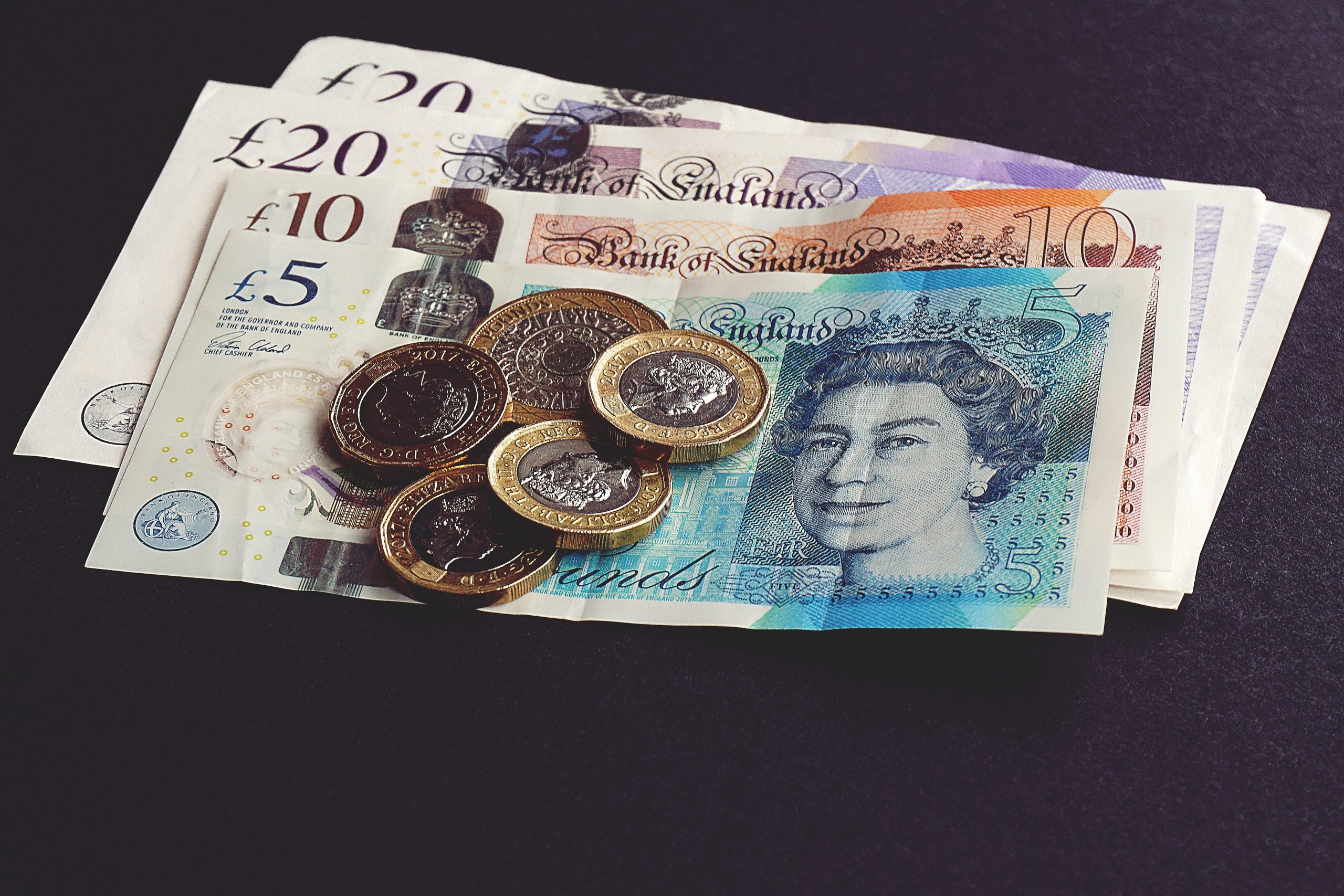Staying on top of your tax is not the reason you got into business. We get it, it’s not fun. But unfortunately, it is a vital aspect of running and ensuring you’re on the right side of the law.
Whilst getting to grip with business tax won’t bring you immediate joy – it may leave you laughing. By following our handy tips, you can make sure you’re making the most out of your time and correctly managing tax.
Get your calendar in order
When it comes to tax, time really is of the essence. There are deadlines for payments, submissions and information updates, all of which if missed can have an impact on your business.
Keeping a calendar with all of your dates for payment (tax-related or not), ensures you won’t fall behind. Whilst you may have an accountant who takes care of your payments – you should still be aware of deadlines, as it is you as the business owner who will receive the late penalty charges.
Save time with the cloud
Cloud accounting is becoming common practice in today’s business world. Adopting online platforms within your business will save hours of time for both you and your accountant.
The beauty is, most cloud accounting software allows you to enter key dates, set reminders, and even estimate the amount of tax you’ll need to pay and when.
Take it from us, it’s a worth investment.
Keep records – and keep them accurately!
Many have been there; a lost receipt, a misplaced invoice – it all happens too easily. Stay on top of your records, keep them in a safe file and get into the habit of storing them straight away.
Even if you use online accounting, everything can still be safely stored online and in a categorised way. NB: HMRC recommends you keep all business records for six years.
Know what to claim for
Remember that expenses incurred in business can often be tax-deductible. From office stationery and equipment to travel expenses, many can be claimed. Make sure you keep your receipts as your accountant will likely want to check.
Most expenses incurred in business are ‘allowable’, but make sure you can clearly state how they are a business expense and not used for personal reasons. Also, remember you can still claim on work from home expenses. Your entitlement is a flat rate of £6 per week – without providing any evidence of your costs. Or you can claim tax relief on the exact amount of extra costs you have incurred if it is above the £6 weekly amount – but evidence must support this claim, for example, receipts or utility bills.
Check whether your business structure is working for you
There are several different business structures, and all have different tax implications. Unfortunately, there is no one size fits all approach, and deciding upon a structure is a decision personal to you and your business.
Many businesses begin as sole traders or partnerships as they require less compliance than limited companies, for example.
However, once your business is earning a certain amount, it may be time to consider changing to a limited company. This means your business is a separate entity to you personally, so rather than paying income tax on all of your earnings as a sole trader, you pay corporation tax. This is, generally speaking, more tax-efficient – providing your business is earning over a certain threshold of roughly about £30,000.
Decide on the most efficient way to pay yourself
As a business owner, there are many different ways you can pay yourself. It all depends on your business structure and is a decision that is different for each individual.
A common way for business owners of a limited company to pay themselves is via both a salary and dividends. Usually, that salary does not exceed the Personal Allowance threshold and as such is not subject to income tax. NB: In the 2021/22 tax year, the threshold is up to £12,570.
Don’t be confused by VAT
When your business is turning over more than £85,000 you must become VAT registered. Despite being known as the ‘simple tax’, it can actually cause a lot of confusion. It is worth discussing VAT with an accountant or financial advisor to determine whether your business would benefit from the VAT Flat Rate Scheme or cash accounting, and to understand how VAT generally impacts your business costs and transactions.
Remember… We’re here to help
Running a business requires a lot of planning and strategy. We understand that it can be overwhelming to remember all the considerations needed to run at an optimum level. As always, we are here at Shenward to offer you unrivalled support and advice about any of your business concerns. Contact us at hello@shenward.com










